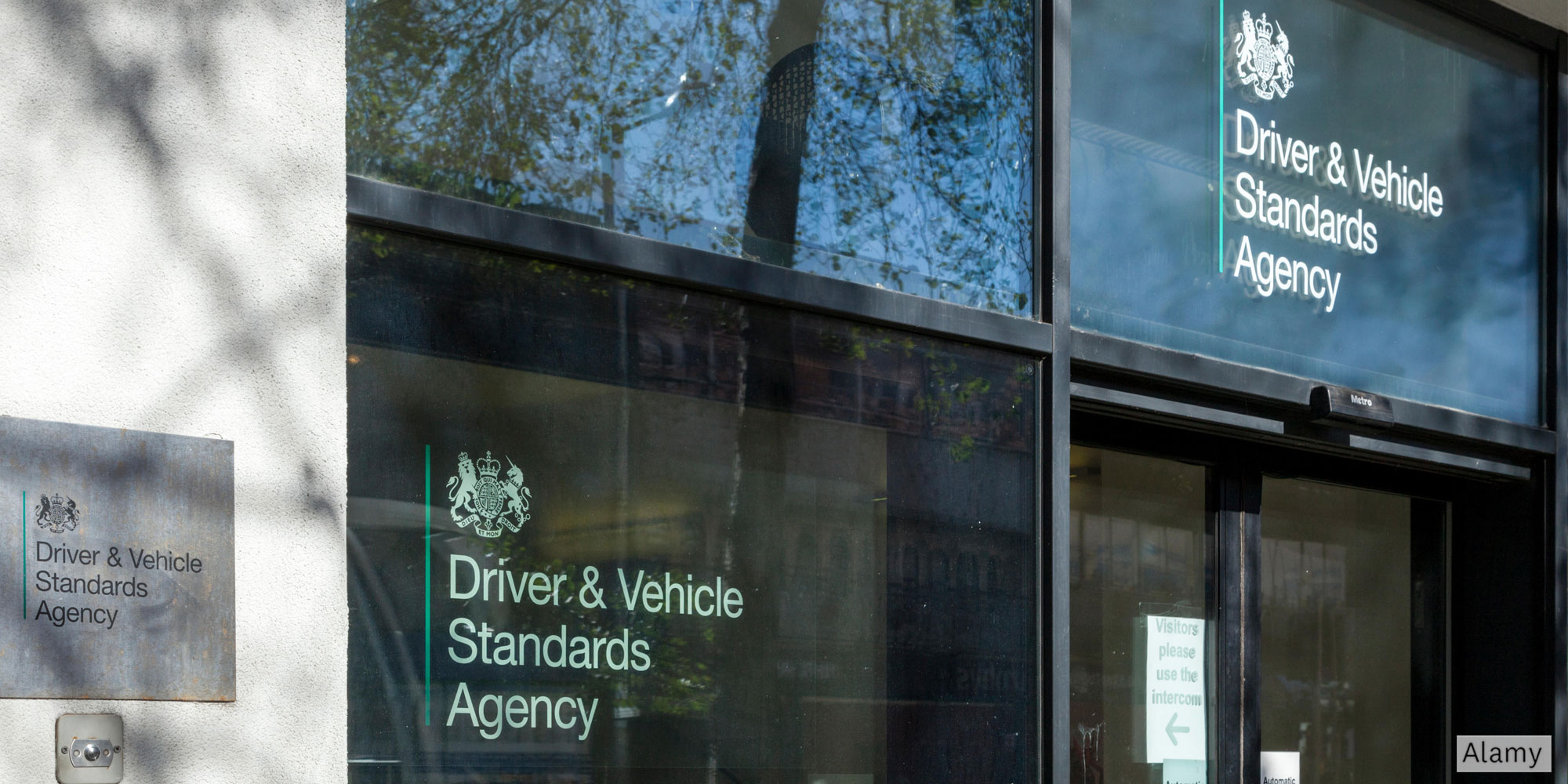
Which? calls for Citroën to urgently improve shameful recall handling

Which? has written to the UK government, calling on Stellantis to improve the process of its chaotic Citroën C3 recall.
We believe Stellantis has demonstrated a deliberate lack of public clarity on compensation, and that a lack of communication between head office and dealerships is causing delays that have put owners into financial difficulty.
Dozens of Citroën C3 and DS3 owners have contacted us to share their stories of the stop-drive recall, which started in June. The recall compels owners to stop driving their cars due to an airbag fault that can cause the airbag to rupture in the event of a collision, creating shrapnel that can cause injury and death. Since we first reported this story, Stellantis has extended the recall to more models including the DS4 and DS5; see the links below for the full story.
Driving a car with a stop-drive recall can invalidate your insurance, and it’s illegal for a private seller to sell a car with a recall without disclosing it first.
Previous coverage from Which?:

What owners told us
Below are some of the stories shared with us by owners. Names marked with an asterisk have been changed.
Petra* was forced to rent a car to get her husband, who has terminal cancer, to hospital for life-extending treatments. 'I'm now nearly £900 out of pocket already,' she told us. 'I'm disabled and currently on benefits, so have no other use of another vehicle. That's my month's money gone; I have to wait for my next benefit payment now, and I’ve been surviving on handouts from my family for food.'
We’ve heard from some owners that Stellantis is offering up to £22.50 per day to vulnerable people and those with disabilities, but Petra informed us she’s been unable to contact her local dealer and that 'the phone keeps ringing out'.
Eva and Eta, from Cardiff, have multiple car-dependent events coming soon; they have a non-refundable booking on Le Shuttle and a hospital appointment in London. They were relieved to get a booking at a local dealer only to have the appointment cancelled the day before because the required parts hadn’t arrived.
The couple have since shelled out £10,000 on a new car and will sell their DS3 once it has been fixed. 'Suffice it to say, we won't be buying another Stellantis car again; this has been a gigantic headache and they've been resoundingly unhelpful throughout,' Eta said.
Lisa* told us she’s tried calling the Stellantis hotline more than 200 times on her daughter’s behalf. Her daughter works with children with special educational needs and has been cycling 15 miles daily to work, but then caught a chest infection. She told us: 'I insured my vehicle for her to drive, costing £182 and with a £1,000 excess. This means I have had to walk to and from work and get lifts from family to appointments.'
Lisa then bought a cheap runaround car to help, but that immediately broke down. 'We now have two undrivable cars on the driveway. We work hard and feel very let down. My husband passed away nine years ago, and life has been a struggle, and this is making life so much harder.'
Anne* told us she was 'left with no choice but to hire a car costing £399. I can only afford it until 30 July, so I’m not sure how I'll manage after that. I am disabled and live in a rural area with limited public transport.'
“I just want Citroen to be accountable for how they have treated this situation.”
Anne, Citroen C3 owner
Meanwhile, on Facebook, Vicki* told us: 'We have a preterm baby that requires visits to the hospital. We drove him home in the car before we knew this was in place. We got told the soonest it could be fixed is October – hopefully sooner, depending on when the parts come in. I’m a little lost as to what we can do, considering we need a car for trips to the hospital.'
The above stories are a small sample of the dozens of emails received. With an estimated 120,000 cars recalled, each story we’ve seen represents the situation of many other vulnerable people across the UK.
Another issue that seems to be unresolved is how to get an undriveable car to a garage for a repair if the garage won’t supply a tow truck. We’ve heard from owners who have been told to 'take it up with Stellantis' when it comes to getting the money back.
Sue Davies, Which? head of consumer protection policy, said:
'From people left stranded with no means of transport, to those paying out a fortune to hire cars and taxis, the emotional and financial burden of this recall has fallen squarely on those least able to absorb it.
'Stellantis must urgently confirm it will pay compensation for alternative transport as well as offer practical solutions, such as offering at-home repairs or towing affected cars to garages. If not, many people will see no alternative but to continue driving cars that are potentially very dangerous.
'The government needs to step in and hold it to account to ensure UK consumers have much greater clarity of what they need to do and what they are entitled to – and are never left in this position again.'

What Which? has asked of Stellantis and the government
Which? has also written to both the DVSA and the Department for Transport (DfT) outlining our concerns and asking them to step in to help consumers.
In these letters, Which? has outlined the following three actions for Stellantis to take:
- Confirm a formal compensation scheme: Make a clear and firm commitment to a formal compensation scheme to cover all reasonable costs incurred by affected drivers, particularly those in need of alternative transport, lost earnings, or other direct expenses resulting from the recall.
- Address helpline issues: Urgently improve its customer support by providing clearer advice on how customers can get their car to garages to abide by the recall, routes to compensation and access to courtesy cars – especially for high priority cases (eg disabled or vulnerable consumers with mobility issues or those who rely on their cars for work and have no alternative transport).
- Provide clear garage solutions: Instruct its network of garages to provide clear and practical solutions for affected vehicle owners. This includes confirming whether courtesy cars will be provided for those who need them, and offering at-home repair options or vehicle collection services. It's crucial that cars can be fixed without the risk of owners driving a potentially dangerous vehicle to a garage, in potential contravention of both the driver’s insurance policy and the law.
How Stellantis has responded
Responding to our request for comment, Stellantis said: 'The company’s focus remains on completing the replacement of airbags in affected vehicles as swiftly as possible. Our Citroën network is fully engaged in maximising the number of cars that can be completed every day and, to increase our repair capacity even further and minimise as much as possible the impact on customers, our Peugeot network is now authorised to replace airbags on these cars in addition to at home options.
'For each and every customer, we discuss options to support mobility, recognising that every driver has specific requirements. These options include replacement airbags at a dealership or at home, courtesy car, support for other mobility options and recovery. We give priority to those with the most urgent needs.'
Expert opinion: a desperate situation

Michael Passingham, Which? senior researcher
In working on our response to this story, we put out requests on social media and in our printed magazines for people to come forward with their experiences of this recall.
I’ve been shocked by what I’ve read and feel desperately sorry for everyone caught up in what can only be described as an omnishambles. It’s impossible to help everyone individually, but the volume of stories we've received has hugely helped our case in calling on Stellantis to do better and asking the government to step in.
It’s only through these owner emails that I uncovered the existence of Stellantis’ compensation scheme that, from what I understand, is only available to those Stellantis deems to be vulnerable, or to those who have a disability.
What frustrates me the most is that Stellantis won’t publicly acknowledge it. This means that others are finding out about the scheme in Facebook groups or simply by luck of the draw when speaking to Stellantis on the phone. We have no idea how Stellantis is keeping track of who is in a vulnerable situation; and if someone has simply called to request an appointment and doesn’t know about the scheme, why would they go into detail about disabilities or inconvenience with a stranger?
When I asked the DVSA about whether Stellantis should be operating a scheme, it told me that it was a commercial decision for Stellantis and that the DVSA simply operates at arm's length and monitors recalls.
I understand (but don’t sympathise) that Stellantis wants to avoid putting itself on the hook for what could be a bill of tens of millions of pounds in the UK alone (in addition to the cost of actually fixing the cars), but ultimately, Stellantis has unilaterally made these cars effectively illegal to drive and almost all drivers will ultimately find themselves out of pocket in some way – even if the repair itself is free.
A stop-drive recall of this scale is unprecedented. But now there is precedent, and car companies and the authorities need to be prepared for the next time.
Drive smarter and cut costs using our expert advice. Get our Cars newsletter – it's free monthly






